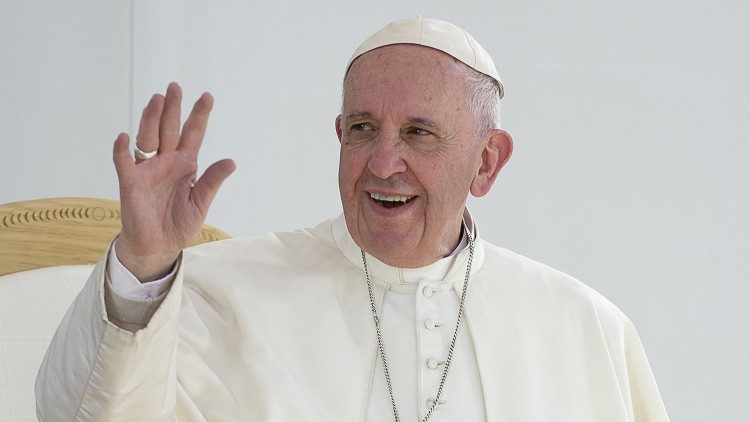In 2015, Pope Francis wrote Laudato Si’, an encyclical on the environmental crisis addressed to all people of the world. Seven years later, the Pope’s documentary (“The Letter”) has just been released, widely distributed free of charge. Four voices from Senegal, Amazonia, India and Hawaii, not all of them Catholic and unnoticed in the media, travel to Rome to engage in an unprecedented dialogue with the Pope about the encyclical. The film is full of moving and powerful personal stories and offers the latest information on the environmental crisis and the damage it is causing to nature and people. Aspects of the Pope’s personal history never seen since he became the Bishop of Rome are also featured.
The film is a resounding success. But, I fear, for many of us, it may remain an abstract and distant affair. After watching the film, will we come to feel only a generic, aseptic sympathy for the plight of humanity, will it be “aggressive” enough to disturb our sleep, unsettle our conscience or lead us to sacrifice some of our comfort and security in order to do something or to pressure our governments to act? In fact, too often we are overly protective of the comfortable life we lead in our comfort zones. We have worked hard – we tell ourselves – to get what we have. It is unfair that we have to be the ones to deal with these issues! Let the politicians do it and leave us alone!
Admittedly, the ecological issue is not a simple one. Environmental protection is extremely complex. However, as men and women who share a common humanity and a common planet, can we remain insensitive to this situation? Moreover, as Christians, do we really accept that fundamental and non-negotiable principle that the world belongs equally to all and that we are all to care for it? Can we argue, explicitly or implicitly, that we do not have to take on board environmental issues that are hitting the most vulnerable hardest? To advocate a neutralist attitude is anti-Christian and goes against the clear teachings of the Church and, indeed, of Christ.
In Jesus’ parable of the rich glutton and the poor Lazarus (Lk 16:19-31) Jesus concludes by pointing out the “unbridgeable gap” between the two. We have simplistically assumed that this unbridgeable gap separates heaven from hell, but that is not exactly the point of the parable. The unbridgeable gap is the gap that already exists now between the rich and the poor, and the lesson is that it is urgent to try to bridge that gap now, in this life. And one of the ways is to care for our common home and to make others care for it.
Jesus does not say that the rich man was a bad man, or that he had not earned his wealth honestly, or that he was not an honest citizen, or unfaithful to his wife, or a bad father to his children. It only says that he had one flaw, a deadly one: in his wealth he failed to notice a hungry man sitting on his doorstep. May the Pope’s latest film spur us to take a fresh look at what is happening and set us in motion.
Juan Carlos cmf
(PHOTO: Vatican News)






